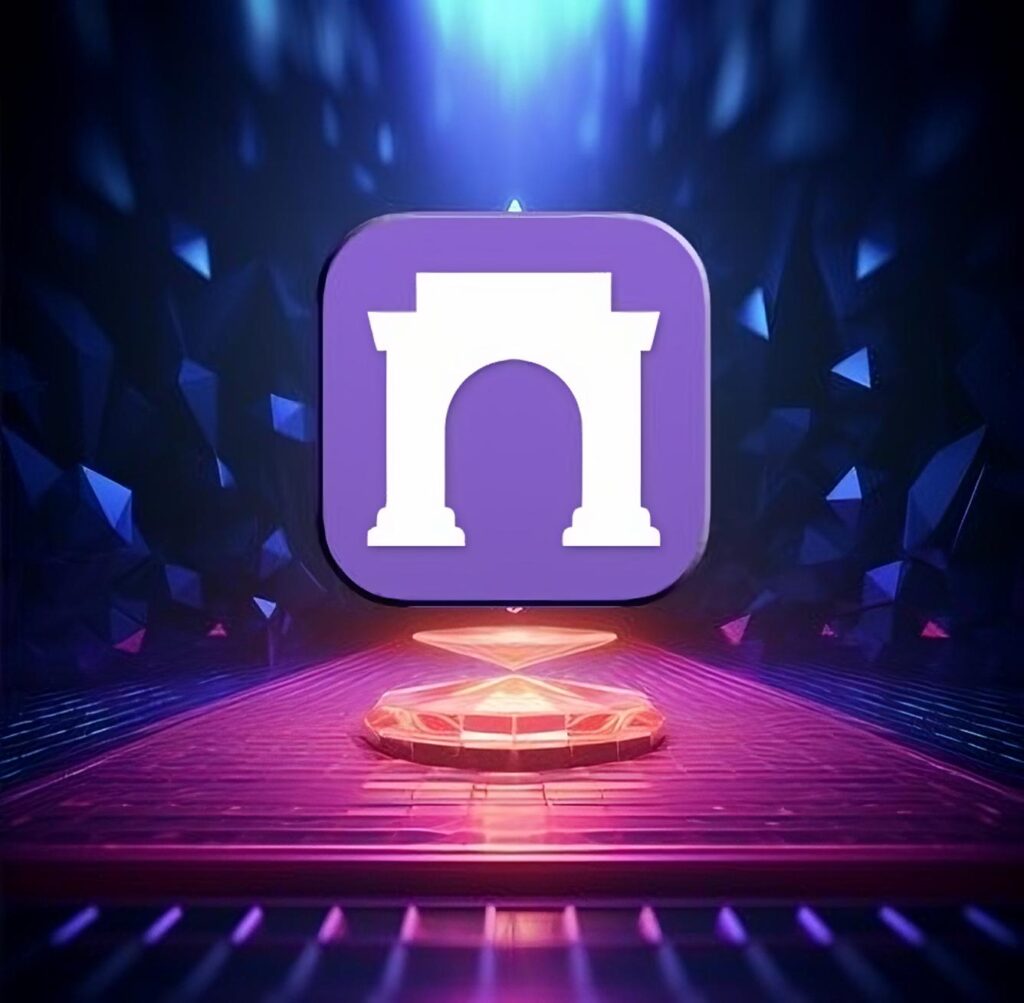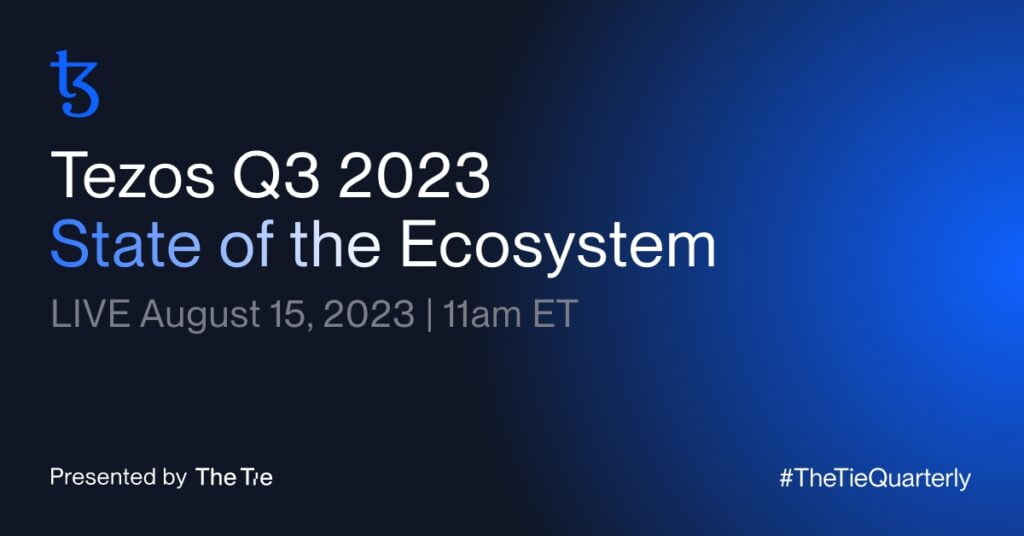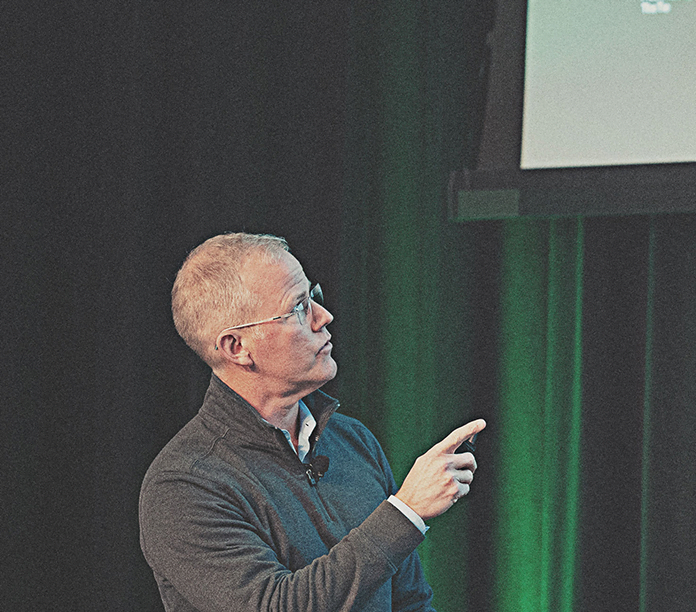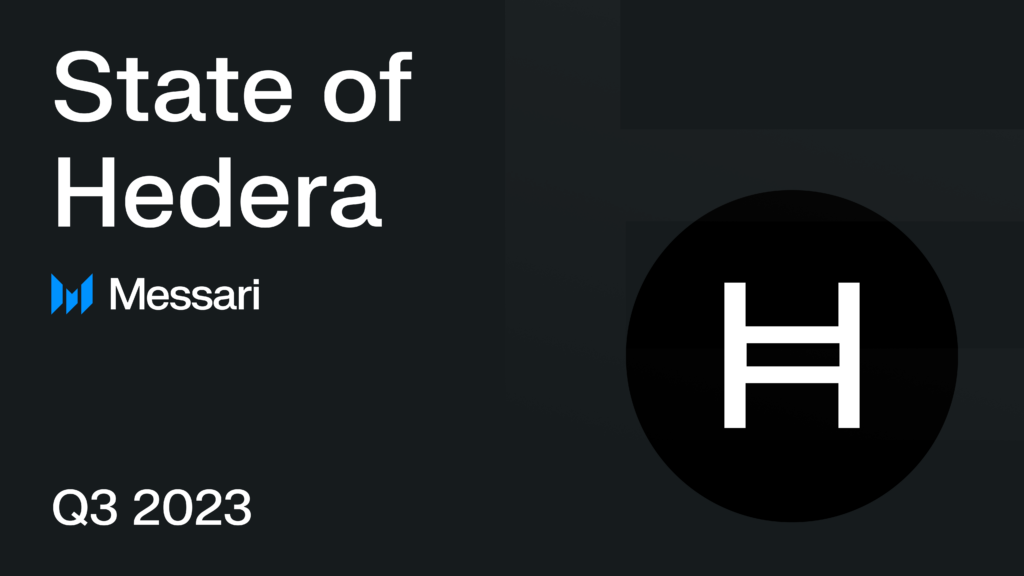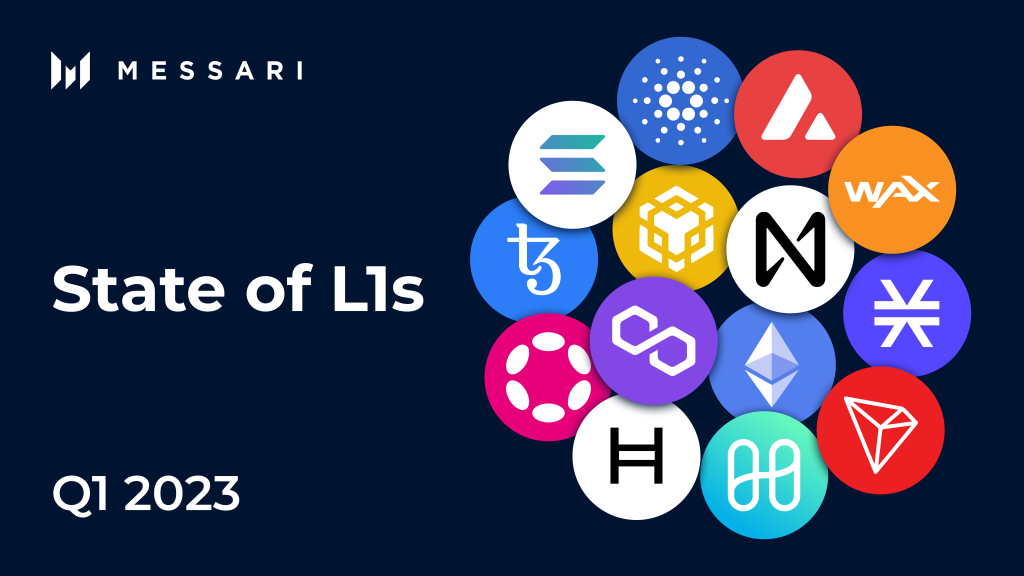Podcast Summary
This podcast features a discussion on the role of blockchain technology in transforming traditional financial systems and asset management. The conversation centers on Hedera’s efforts to bring real-world assets onto the blockchain, with a focus on its Stablecoin Studio and its collaboration with Shinhan Bank. The podcast also discusses the tokenization of assets by Abrdn, a UK-based hedge fund, and the emergence of Central Bank Digital Currencies (CBDCs). The guest represents the Hedera Foundation, which is responsible for building the ecosystem around Hedera.
Key Takeaways
Hedera’s Role in Blockchain Adoption
- Hedera’s Position: As a distributed ledger technology (DLT) provider, Hedera offers security, scalability, and fixed transaction fees pegged to the US dollar, addressing concerns about congestion and fluctuating gas fees.
- Stablecoin Studio: Hedera’s Stablecoin Studio, announced at Token 2049 in Singapore, provides an SDK and CLI for easy creation, management, and pausing of stablecoins on the network.
- Collaboration with Shinhan Bank: Shinhan Bank used Hedera’s Stablecoin Studio to address issues like slow processing times, high transaction fees, and limited operation hours in international remittance. The collaboration resulted in reduced processing times from days to minutes, real-time settlements, and FX integration, with transaction fees dropping significantly.
Tokenization of Assets
- Abrdn’s Tokenization: Abrdn, a large UK-based hedge fund, tokenized their money market fund and the assets within it, and placed them on a regulated exchange called Archax. This move aims to democratize investment opportunities, allowing smaller investors to participate alongside large institutions.
- Future Vision: The broader vision includes tokenizing other assets like real estate and bonds, and rewiring card payments to streamline the process from consumer bank to merchant wallet, with full transparency, traceability, and efficiency.
Emergence of Central Bank Digital Currencies (CBDCs)
- CBDCs: The podcast discusses the emergence of CBDCs and the preparation by governments and organizations worldwide for their integration. The future vision includes preparing for the potential adoption of CBDCs.
- Drop’s Role: Drop, a micropayments platform, is highlighted for its recent listing as a vendor for FedNow, which is a service for settling transactions. Drop specializes in transactions under $10 and is innovating with a pay-per-use model.
Hedera’s Network and Governance
- Hedera’s Network: Hedera is a publicly permissioned blockchain with governance from major institutions. It boasts a high performance of over 10,000 transactions per second (TPS), with a real-time display of transactions on their website.
- Governing Council: The Hedera Governing Council includes multinational companies like Google, Boeing, and Ubisoft, which run nodes, sign transactions, manage the treasury, and drive the roadmap for Hedera.
Hedera Foundation’s Role
- Hedera Foundation: The Hedera Foundation is responsible for building the ecosystem around Hedera and has established four funds: the Crypto Economy Fund, Consumer Engagement Fund, Sustainable Impact Fund, and Payments and Fintech Fund.
- Sustainable Impact Fund: The Sustainable Impact Fund supports organizations in achieving ESG goals and ensuring transparency for carbon credits and offsets. One example is Atmado.io, which tracks the carbon footprint of products.
Sentiment Analysis
- Bullish: The podcast expresses a bullish sentiment towards the adoption of blockchain technology in traditional financial systems and asset management. This is evident in the discussion on Hedera’s efforts to bring real-world assets onto the blockchain, the tokenization of assets by Abrdn, and the emergence of CBDCs. The guest’s representation of the Hedera Foundation and its role in building the ecosystem around Hedera further underscores this bullish sentiment.
- Neutral: While the podcast is generally bullish, it maintains a neutral stance on the challenges and complexities involved in blockchain adoption, such as the issues of slow processing times, high transaction fees, and limited operation hours in international remittance, which Shinhan Bank addressed using Hedera’s Stablecoin Studio.




